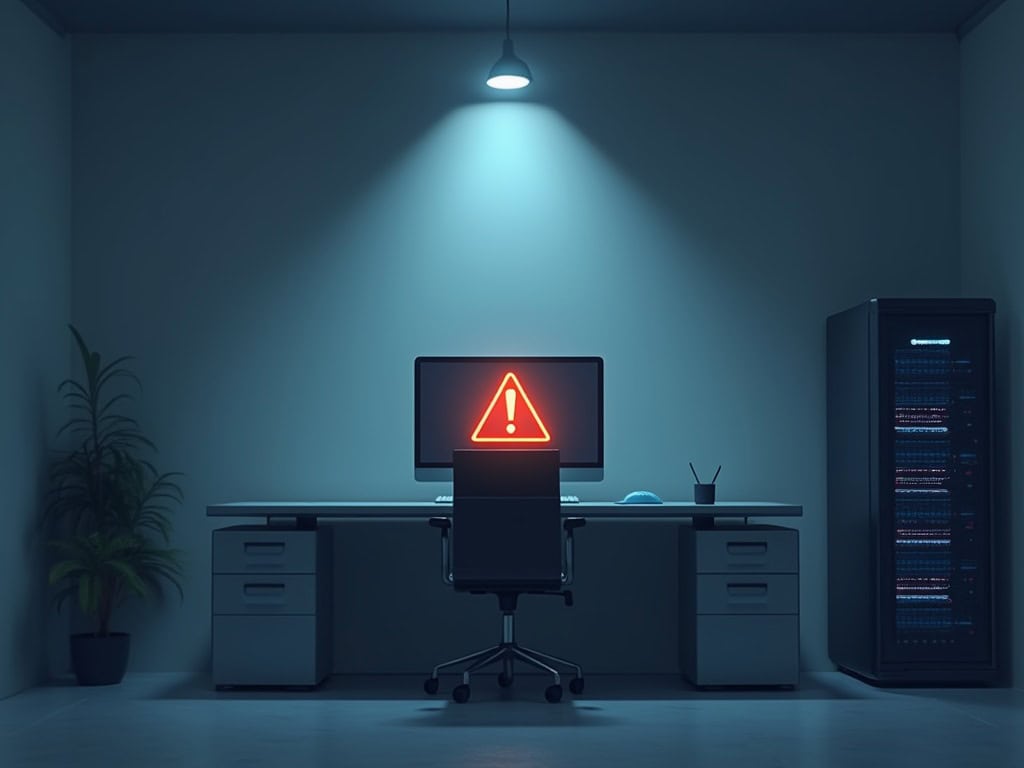Security Firm Breaches: Trust Issues Emerge Amidst Growing Cyber Threats

Security Industry Grapples with Trust Issues as Major Firms Face Cyber Attacks
In a concerning trend, leading cybersecurity companies are increasingly becoming victims of sophisticated cyber attacks, raising questions about the industry's ability to protect itself and its clients. Recent breaches at Microsoft, FireEye, RSA, and Sophos highlight the complex challenges facing even the most security-conscious organizations. As organizations focus on building stronger cyber resilience strategies, these incidents serve as critical learning opportunities.
The Impact of High-Profile Breaches
Cybersecurity firms present particularly attractive targets for attackers due to their privileged access to client networks and possession of advanced security tools. The 2020 FireEye breach cited by the National Institute of Standards and Technology demonstrates this dynamic, where attackers specifically targeted the company's Red Team tools – sophisticated programs designed to simulate advanced cyber attacks.
"These companies aren't just protecting themselves; they're protecting hundreds or thousands of client networks, systems, and proprietary data stores," notes industry experts. When compromised, the impact extends far beyond the breached company, potentially affecting thousands of connected systems. This highlights why implementing robust cybersecurity measures for businesses is crucial regardless of organization size.
Understanding Vulnerability Patterns
Three primary weakness patterns emerge from these security firm breaches:
-
Supply Chain Vulnerabilities: Reliance on third-party components creates potential entry points for attackers, bypassing traditional security measures.
-
Human Error: Even well-trained security professionals can fall victim to sophisticated spear-phishing attacks and social engineering.
-
Detection Delays: Investigators frequently discover that attackers maintained undetected access for months before discovery.
Industry Response and Best Practices
When assessing a security vendor following a breach, organizations should consider:
- Speed of breach detection and response
- Transparency in communication
- Thoroughness of remediation efforts
- Quality of client support and guidance
The increasing sophistication of cyber threats has led to growing concerns about cybersecurity talent retention and business continuity.
"The reality is that not all breaches are preventable, particularly against state-sponsored threat actors," security analysts acknowledge. However, the ability to detect, contain, and recover from incidents quickly remains crucial.
Organizations must regularly assess their security vendors' incident response capabilities and transparency policies while implementing multiple layers of security rather than relying solely on one provider. The cybersecurity landscape continues to evolve as a constant battle between attackers and defenders. While breaches at security firms shake confidence, their response and recovery capabilities may ultimately prove more important than their ability to prevent every attack.

